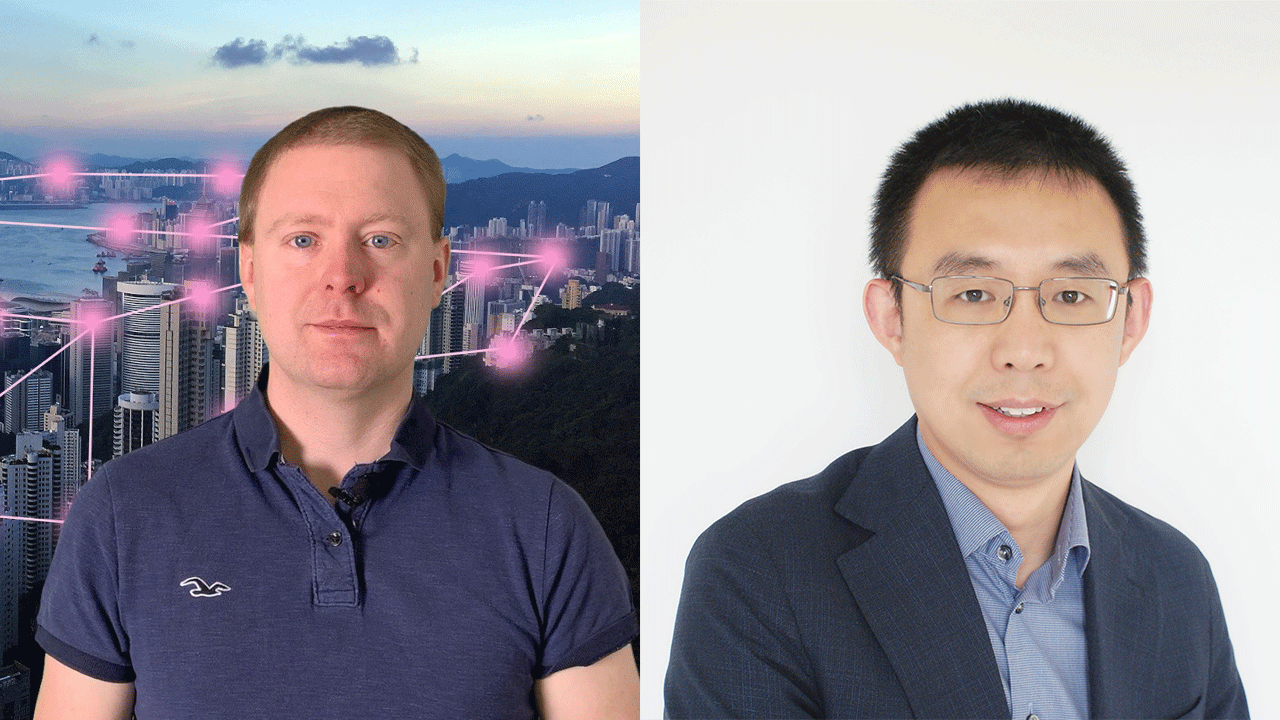EECS welcomes new colleagues

We give a warm welcome to two new faculty colleagues; Emil Björnson, Visiting Professor at the Division of Communication Systems (COS) and Xiongfei Wang, Visiting Professor at the Division of Electric Power and Energy Systems (EPE).
Read more about them and their research below.
Hi Emil Björnson! Please tell us, what is your area of research?
"I am developing theory and algorithms that take wireless communications to the next level. I am particularly focused on making the transmissions of the electromagnetic waves as efficient as possible, in terms of data speed, reliability, and energy efficiency."
What are you most passionate about regarding your area of research?
"People are loving wireless connectivity and can spend hours per day in front of their smart devices. The use of wireless communication technology is constantly growing, at an exponential pace. This trend has been going on for decades and there are no indications that it will taper off. Hence, even if the current technology works fairly well, we are never done. The research community needs to constantly look for new ways to improve the wireless networks and make more efficient use of the limited wireless frequency resources. As a researcher, this means that we need to dig deeper and deeper into the underlying theory and models to make new breakthroughs."
In what way is your area of research interesting for a non-researcher and for the future?
"Access to wireless connectivity is becoming as essential in our everyday lives as access to electricity. Most people are expecting to be constantly connected and that the technology will be perfectly reliable – you should have wireless coverage everywhere. However, the physics of wave propagation makes this incredibly hard to achieve in practice. I believe that the new antenna technologies and algorithms that I am developing are important steps toward a more reliable and energy-efficiency wireless technology. Many non-researchers are watching my YouTube videos about 5G and future technologies."
Hi Xiongfei Wang! Please tell us, what is your area of research?
"My area of research is the grid integration of power-electronic-based systems for efficient, stable and resilient electricity supply. More specific research interests include modelling and control of power electronic converters, stability and power quality of power-electronic-based power systems, passive and active filters, as well as medium-voltage power electronics."
What are you most passionate about regarding your area of research?
"I feel most passionate about developing theories and tools to stabilise power-electronic-based power systems. I have been devoting myself to this research area for nearly 10 years, and having a lot of fun in understanding the control interactions of multiple power electronic converters under various extreme conditions. It is a very exciting thing to see the developed theories and tools can help practicing engineers to find the causes of oscillations and stabilise the system in the real-world projects."
In what way is your area of research interesting for a non-researcher and for the future?
"Today 40 % of the global energy consumption is processed through electricity and it is forecasted that in 2040, this may be up to 70%. Power electronics is a technology that efficiently converts electrical energy from one stage to another by using power semiconductor devices, and enables full control of the electrical power with digital signal processors. Power electronics technology has thus been vastly used in modern electrical energy systems, ranging from the production, transmission, and use of electrical energy. The full controllability of electrical power does provide more flexibility to the operation and control of power grids, but brings also more dynamic interactions to the system integration. Therefore, the stability and control of power-electronic-based power systems are fundamentally important for the security of future power grids, since more and more converter-based renewable power sources are being deployed for a 100% renewable power system. Further, the power-electronic-based power systems have also been increasingly deployed in data centres, electric railway network, ships and aircrafts. A stable and resilient system integration of power electronic converters will be critical for those applications."
